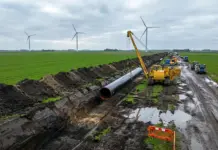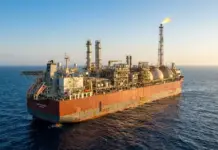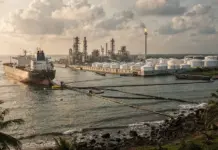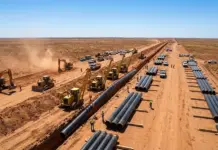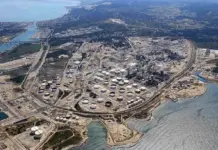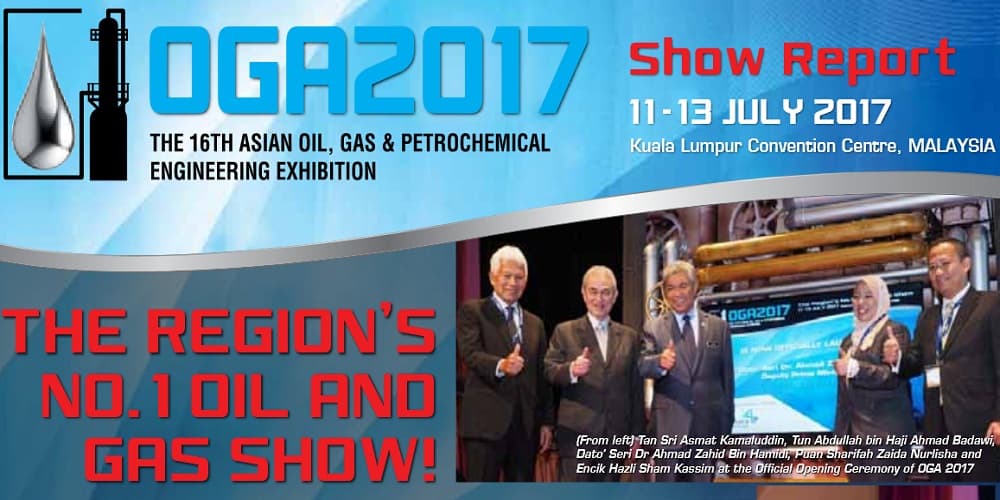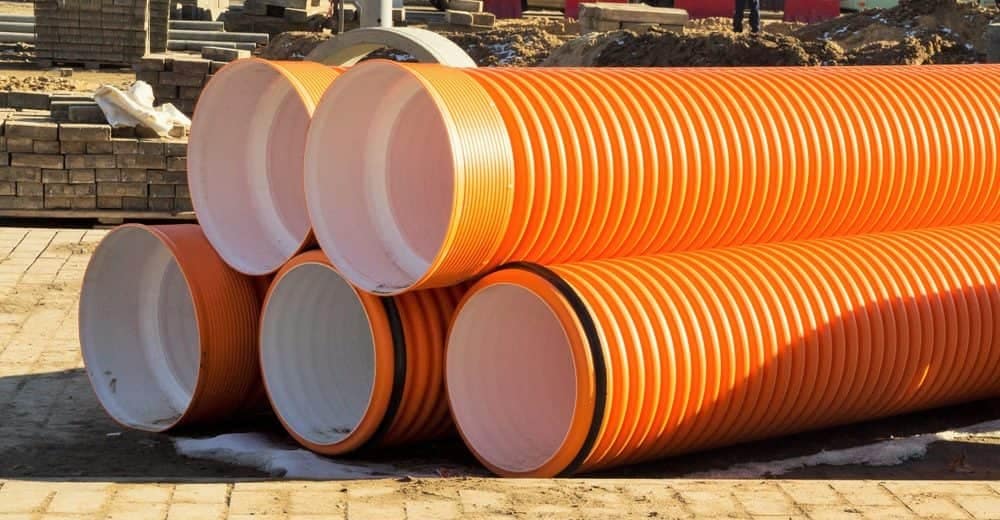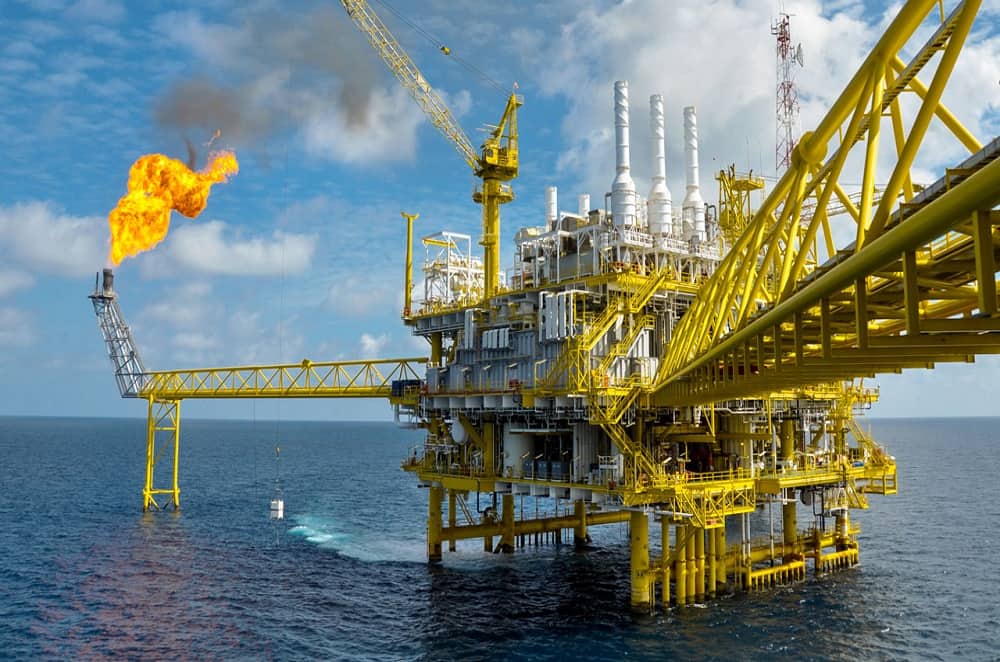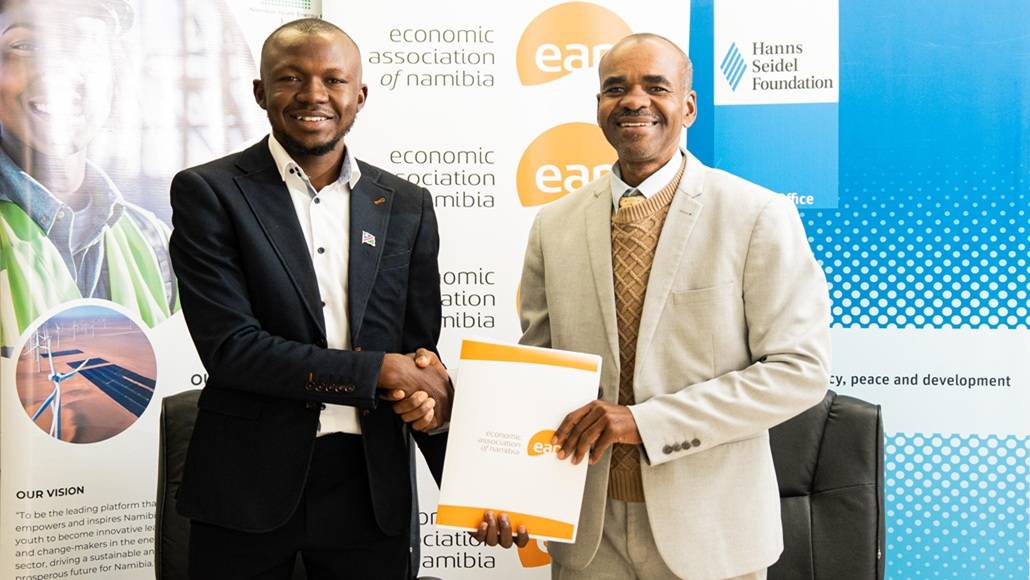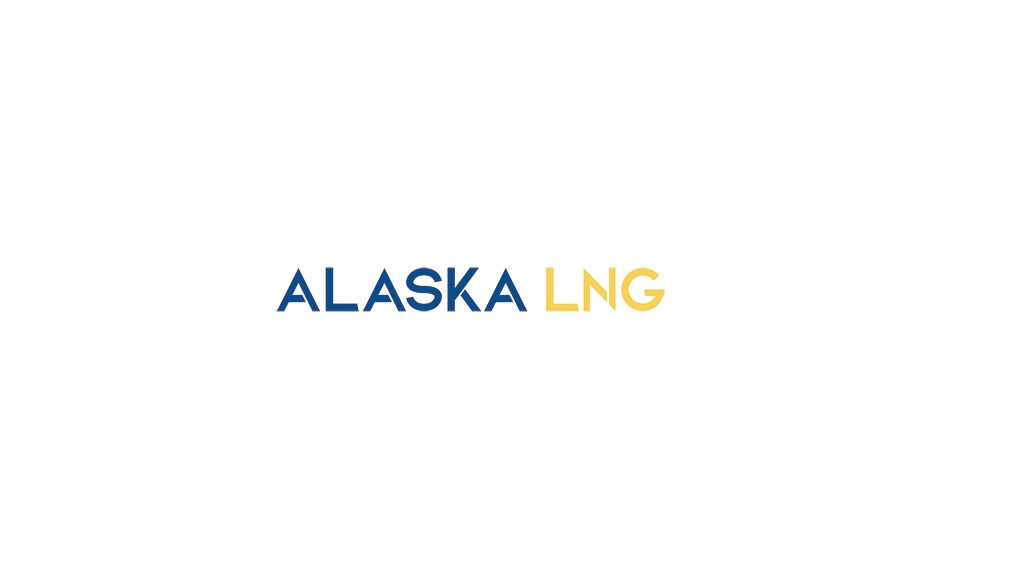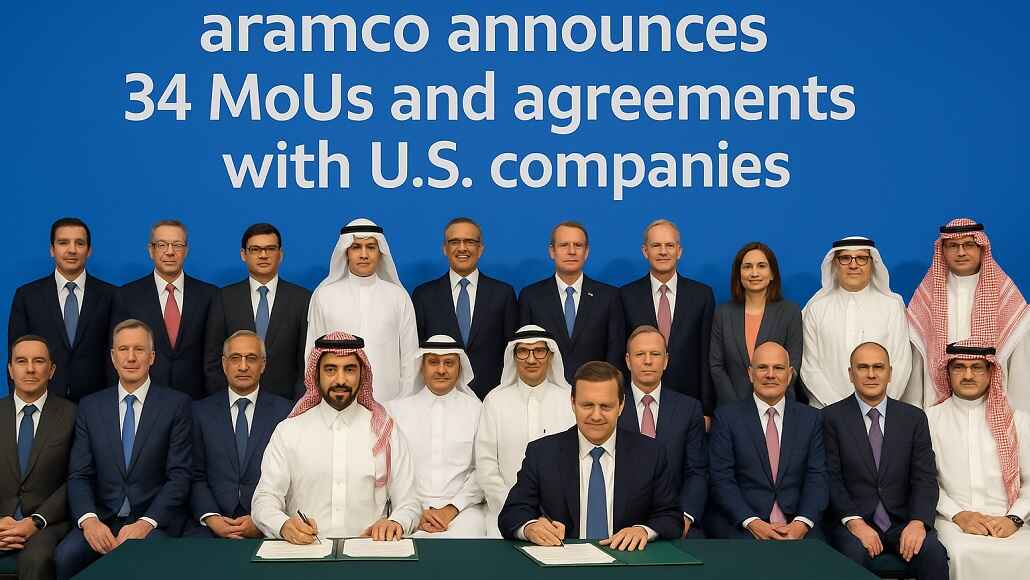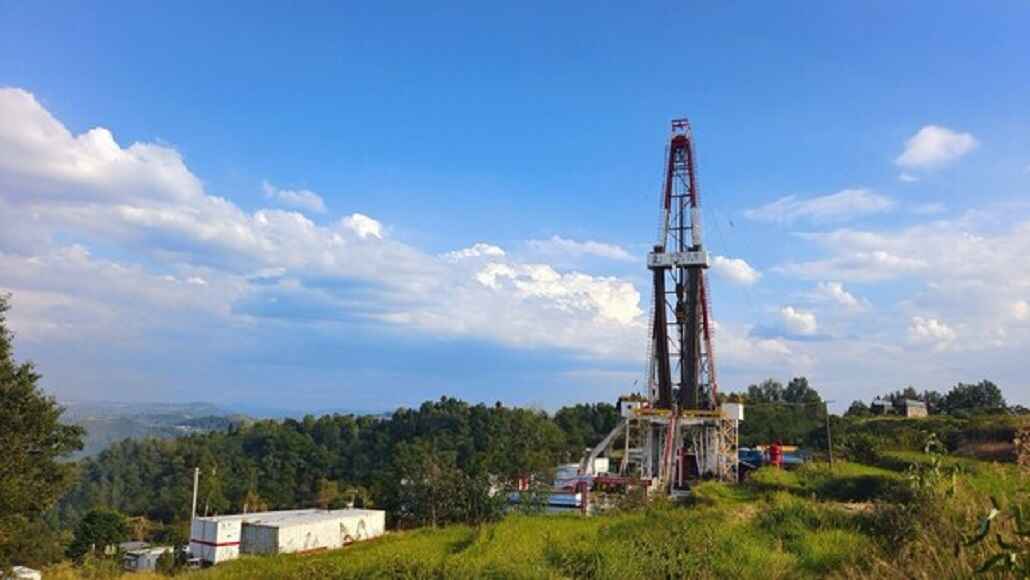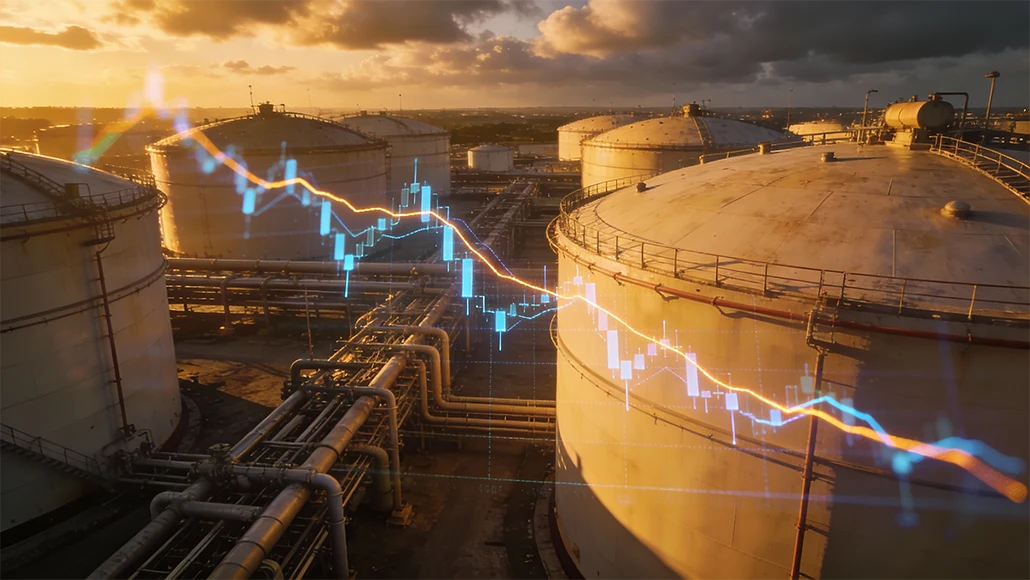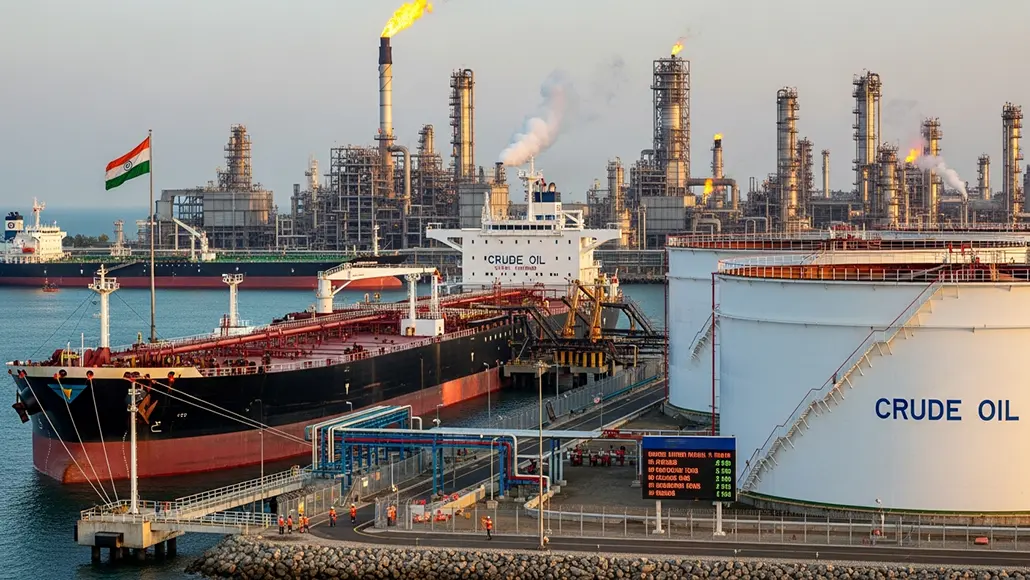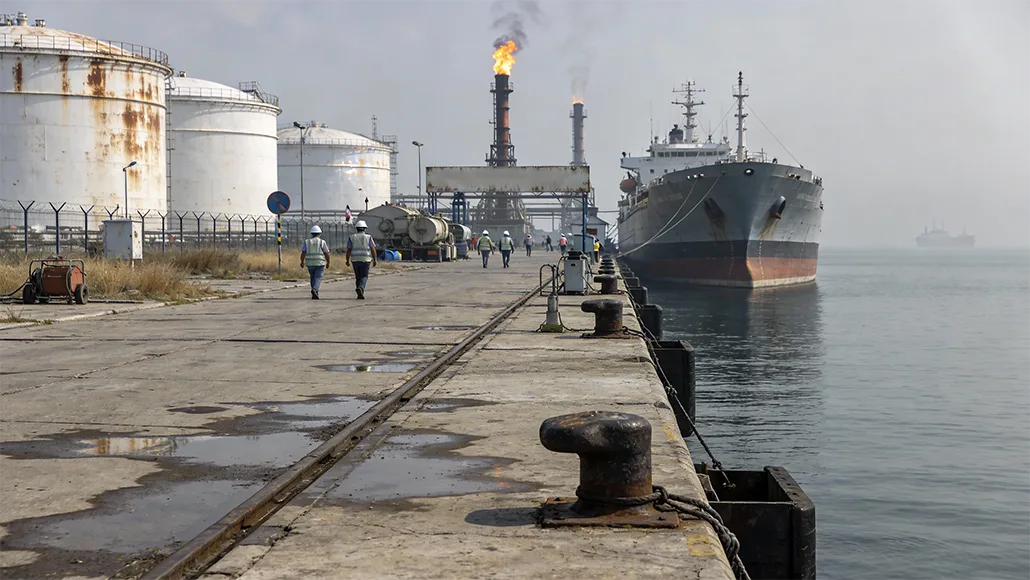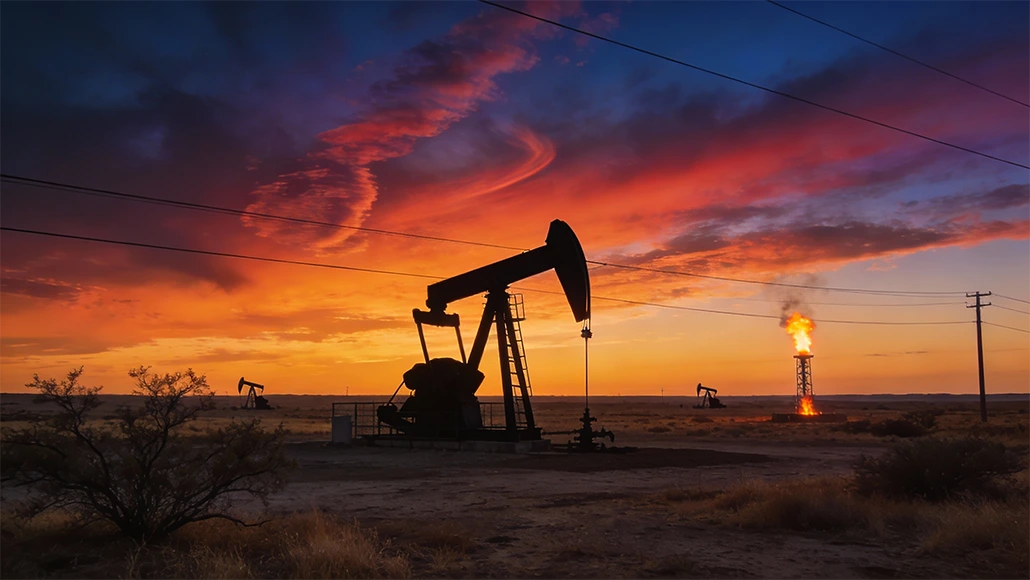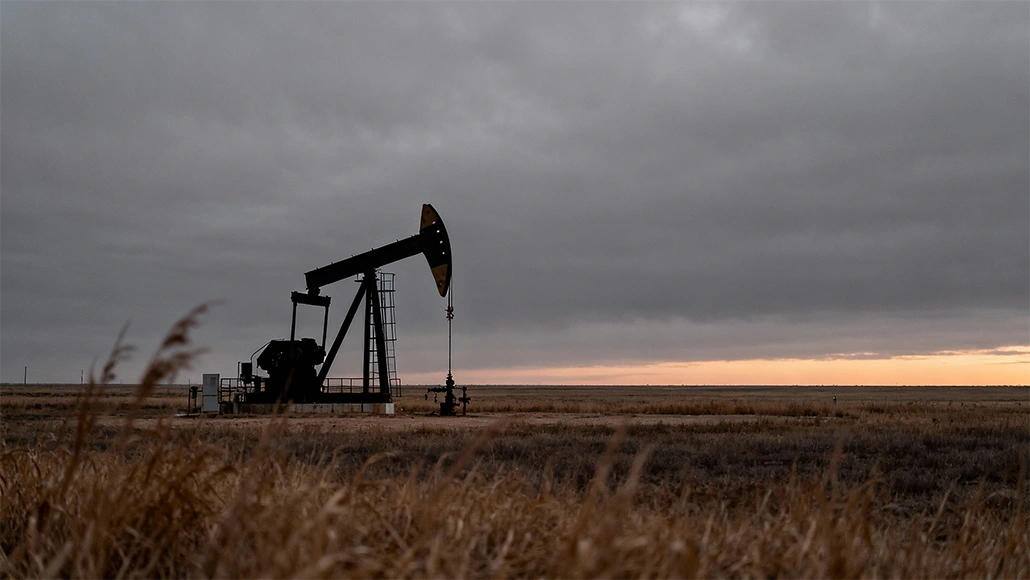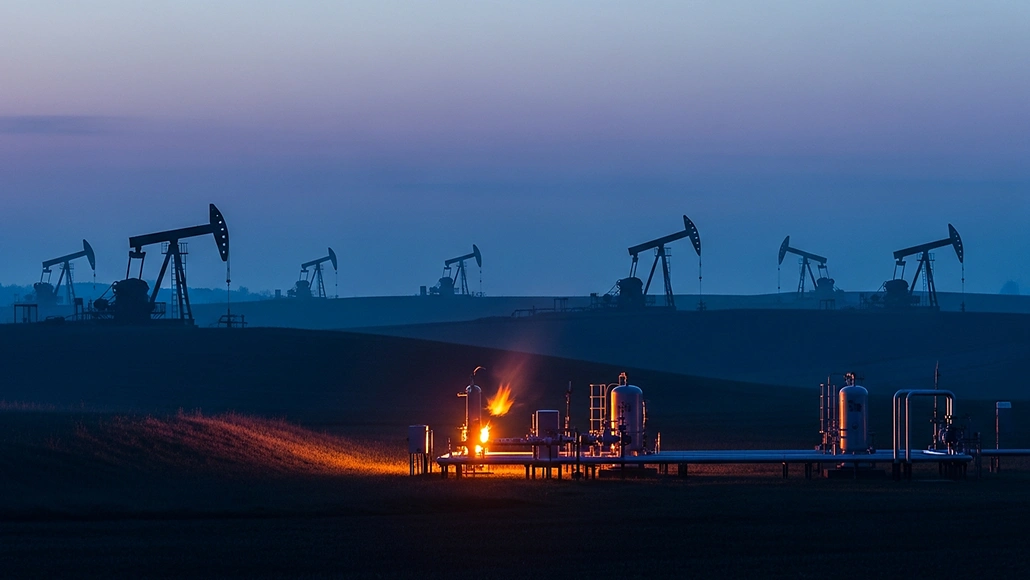As the war in Ukraine is still on with no end in sight, and many are pointing out that the European dependence on Russian oil and gas has given Moscow the much-needed finances to continue its special military operation, the EU energy ministers have come together and endorsed a complete withdrawal from Russian oil and gas in the forthcoming two years. The new regulations go on to offer some exemptions for landlocked countries such as Slovakia and Hungary, which still do business with the Russian energy sector.
Apparently, the EU energy ministers have backed the new phase-out when it comes to Russian energy supplies as well as contracts
When the Russia and Ukraine war began in 2022, the oil and gas prices across the world spiked to record levels, thereby leading to long lines throughout the gas stations as citizens tried to fill up their cars. Now, as Russia has gone on to show no sign of backing down and has also refused to sit down with a mediator in order to find a peaceful resolution, the EU council has come together so as to speed up the phase-out of Russian energy contracts; however, there are a few exceptions for countries having no alternative.
The EU energy ministers have stated that they are supporting complete withdrawal from Russian oil and gas contracts with any company that’s even vaguely associated with Russia. Critically, they are going to provide a transition period for countries so as to find certain alternative forms of energy to compensate for loss of capacity from Moscow.
The new regulations offer some exemptions for the contracts already in place and also for landlocked countries
The group of ministers went on to note that any present operational contracts may as well continue to function up until June 17, 2026, with an extension provided as far as long-term contracts are concerned up until January 1, 2028.
The new regulations have to be voted on and also approved by the European Parliament; however, there are many insiders who anticipate that to be a mere formality. If they go on to pass the muster, the new regulations would need the member EU states to offer documented plans that demonstrate how they look forward to diversifying their energy supply and also function without Russian energy.
Interestingly, landlocked countries such as Serbia and Slovakia are going to be allowed to continue their business with Moscow, since they have no alternative transit routes when it comes to energy resources. The Council of EU energy ministers gave a statement remarking on the planned phase-out when it comes to Russian energy in all its forms.
Mr. Lars Aagaard, the energy minister of Denmark, stated that an independent Europe is indeed a safer Europe, thereby suggesting that the fresh regulations happen to be a step in the right direction; however, he did point out the fact that they are not there yet. His statement is met with praise by the EU member states, who are hand-in-glove to end their dependence on Russian energy.
Mr. Aagaard said that it was indeed critical for the EU to go ahead and secure overwhelming support from certain energy ministers in order to fast-track the phase-out when it comes to Russian energy by the end of 2028. Denmark, at present, happens to hold the rotating presidency of the Council of the EU, which assists it to lead the charge when it comes to an end to business ties with Moscow. The fact is that as Russia consistently continues to do business with Asia, the phase-out in Europe is sure to face some pushback from certain nations having ties to Russian energy.
Europe may be required to invest in its midstream operations so as to end its dependence on Russian energy
The EU member states may also be required to look towards other regions of the world, which happen to be investing billions when it comes to midstream production, so as to learn how to become energy sufficient and independent. The Ukraine war has placed the EU in a very precarious position, as it needs to cut ties with Moscow; however, it also needs to continue to offer the much-needed energy when it comes to its citizens. Due to the fact that the new regulations are all set to be voted on in the European Parliament very soon, the point is that Russia is for sure running out of time in order to end the war and ultimately bring the much-required peace to the region.


